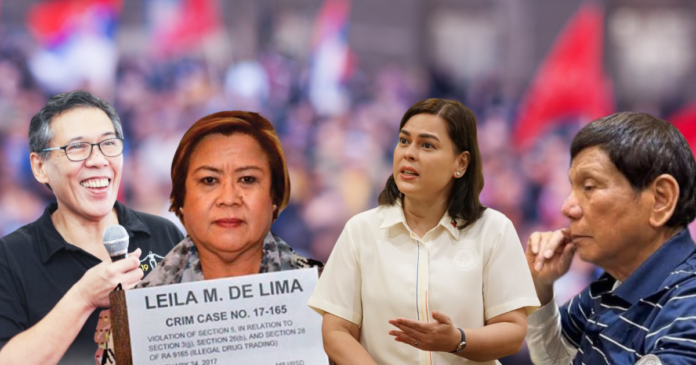On March 11, 2025, Philippine authorities and Interpol launched Operation Pursuit following the ICC’s arrest warrant for former President Rodrigo Duterte. A tense 12-hour standoff ended with Duterte boarding a government-chartered Gulfstream G550, which was flown out of Villamor Air Base en route to The Hague via Dubai.
Duterte, who served from 2016 to 2022, is the fifth Philippine president to be arrested, following Aguinaldo, Laurel, Estrada, and Arroyo. He is currently detained at the ICC’s facility in the Scheveningen complex, facing charges of crimes against humanity related to his controversial war on drugs.
Although the Philippines withdrew from the ICC in 2019, the Court retains jurisdiction over crimes committed while the country was still a member—from November 2011 to March 2019. Under the Rome Statute, withdrawal does not nullify investigations into acts committed before the exit date. Duterte’s first three years as president fall within this period.
The arrest triggered a range of political reactions. Vice President Sara Duterte, once a strong administration ally and part of its UniTeam, denounced the action as “politically motivated.” Senator Ronald “Bato” dela Rosa, Duterte’s former police chief, expressed willingness to face the ICC himself. Senator Bong Go, former special assistant to Duterte, called for “respect for due process,” while Senator Robin Padilla was also reported to be in The Hague.
The Marcos administration defended the arrest, citing legal cooperation and compliance with international protocols. The Department of Justice confirmed coordination with Interpol and adherence to procedural requirements.
Meanwhile, the opposition welcomed the development. Former senator Leila de Lima described it as a “historic moment for accountability,” while Chel Diokno considered it a “step toward justice” for victims of the drug war. Rights groups echoed these sentiments, highlighting years of alleged impunity during Duterte’s presidency.
Pro- and anti-Duterte rallies broke out in cities across the country and among Filipino communities abroad. Online discourse became increasingly divisive, marked by fake news, targeted harassment, and deepening personal divisions—even within families. The National Police Commission is now investigating officers involved in inflammatory online posts.
The case now stands as both a legal test and a national reckoning, with ongoing debates surrounding its political and legal implications.



